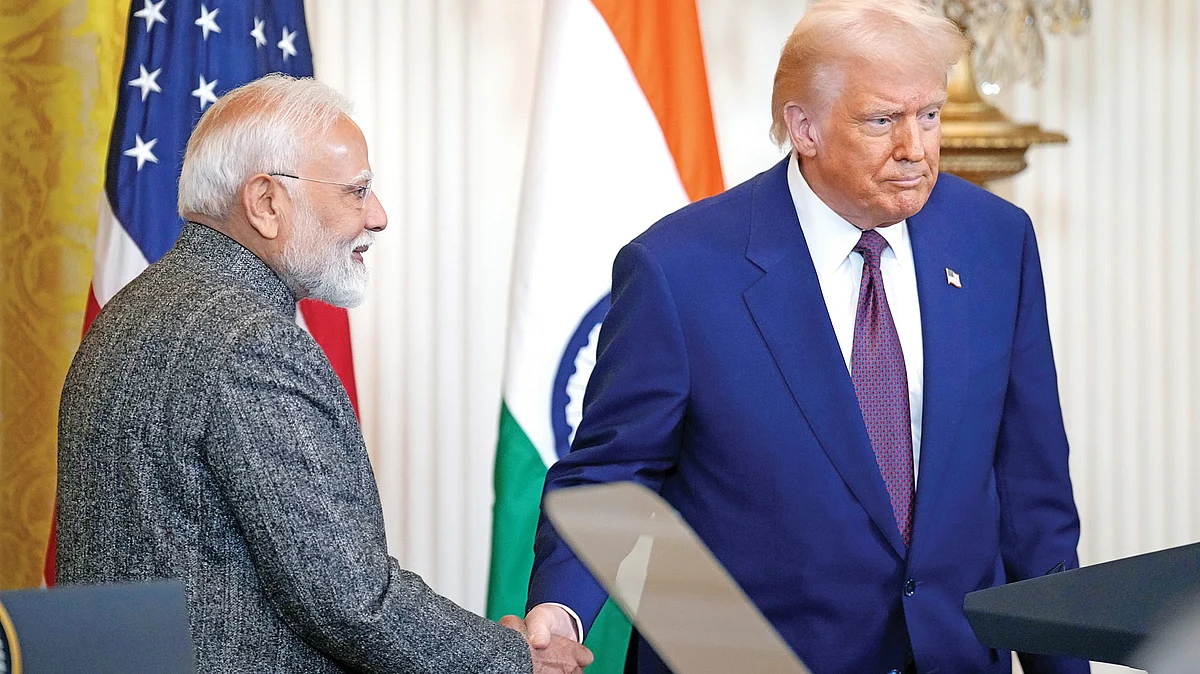Business
Trump administration notice confirms 50 pc levy on Indian products from 27 August
New Delhi has strongly rejected the so-called secondary sanctions, describing them as unfair

The United States has moved a step closer to doubling tariffs on Indian products, with the Department of Homeland Security on Monday publishing a draft notice to implement a 50 per cent levy. The move, earlier announced by President Donald Trump, is part of Washington’s attempt to restrict Moscow’s oil revenues as the war in Ukraine grinds on.
According to the draft notice, the tariffs will apply to Indian goods “entered for consumption, or withdrawn from warehouse for consumption, on or after 12:01 am Eastern Daylight Time on 27 August 2025.”
The decision would effectively raise duties from 25 per cent to 50 per cent, a measure the White House insists is necessary to pressure Russian President Vladimir Putin to enter negotiations.
New Delhi has strongly rejected the so-called secondary sanctions, describing them as unfair. Prime Minister Narendra Modi, speaking at a public event in Ahmedabad on Monday, said India would not compromise on the interests of its farmers and small businesses.
“For us, the interests of farmers, cattle rearers and small-scale industries are paramount. The pressure on us may increase, but we will bear it all,” Modi declared, adding that India draws its strength from both Lord Krishna, the ‘Chakradhaari’, and Mahatma Gandhi, the ‘Charkhadhari’.
External Affairs Minister S Jaishankar also defended India’s stance, reiterating that the country’s energy policies would remain guided by national interest and strategic autonomy.
He dismissed the framing of the dispute as being solely about oil, pointing out that other major importers of Russian energy, including China and several European states, had not faced equivalent criticism.
Published: undefined
The escalation comes as diplomatic efforts to reach a peace settlement in Ukraine appear to falter. Washington hopes the tariffs will constrain Russia’s oil trade by discouraging Indian purchases, but analysts warn the move risks straining relations with one of America’s key strategic partners in Asia.
India, meanwhile, continues to argue that its oil imports are legitimate and vital for economic stability, with officials stressing that punitive tariffs will hurt ordinary producers and consumers rather than altering New Delhi’s foreign policy choices.
With the 27 August deadline approaching, the standoff over tariffs adds another layer of tension to the already complex dynamics between Washington, New Delhi and Moscow.
Published: undefined
Follow us on: Facebook, Twitter, Google News, Instagram
Join our official telegram channel (@nationalherald) and stay updated with the latest headlines
Published: undefined